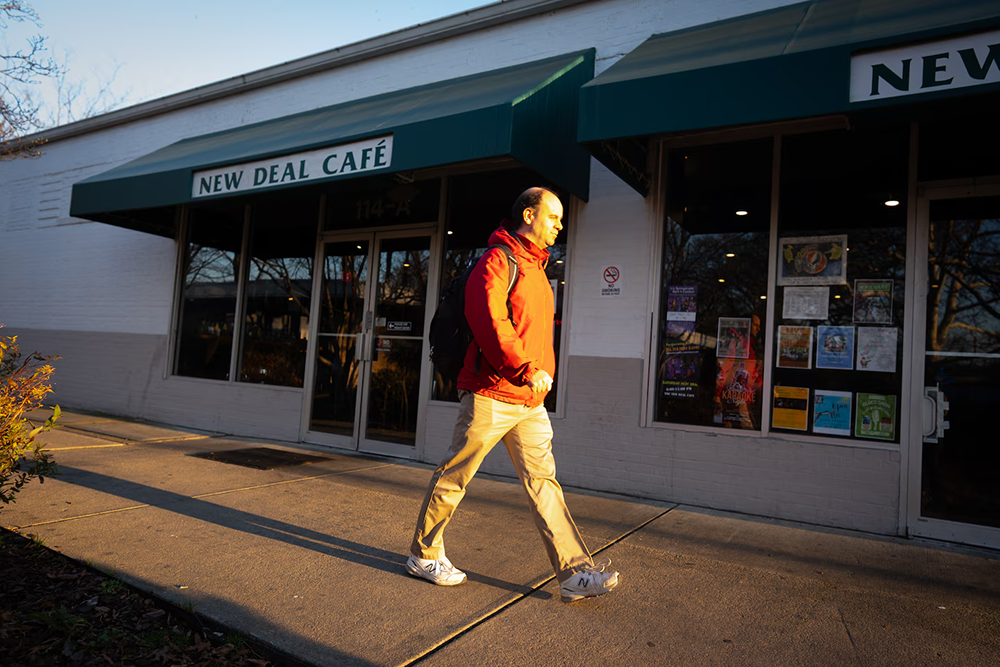
From grain and dairy to finance and power, cooperatives help people capture the value they create. In Iowa, farmers built marketing and supply cooperatives to bargain fairly, invest locally and keep more dollars circulating on Main Street. Fourteen of the nation’s 100 largest farmer cooperatives are headquartered in Iowa—more than any other state—illustrating how farmers here have long used cooperation to build scale, efficiency and resilience.
Rural electric cooperatives, meanwhile, power 650,000 Iowans across all 99 of the state’s counties. They maintain about 62,000 miles of power lines—enough to circle the globe two and a half times—and cover two-thirds of the state’s landmass while serving 15 percent of its people. Over the past five years, Iowa’s electric co-ops have invested more than $4.7 billion in rural economic development projects, supporting over 7,000 jobs.
Credit unions—another form of cooperative enterprise—also play a major role in Iowa’s economy. The state’s 77 credit unions serve roughly 1.6 million members and hold more than $31 billion in assets. Collectively, they save Iowans an estimated $150 million annually compared to bank alternatives, helping families and small businesses access affordable financial services closer to home.
The World Food Prize Foundation seeks to “elevate innovations and inspire action to sustainably increase the quality, quantity and availability of food for all.” That mission is urgent. New seeds, precision tools and climate-smart practices are spreading, but adoption depends on trust, scale and shared benefit—exactly where cooperatives excel. Around the world, farmer-owned cooperatives lower costs, expand market access and ensure that more value stays with the people who grow our food.
Around the world, farmer-owned cooperatives lower costs, expand market access and ensure that more value stays with the people who grow our food.
Iowa’s experience shows that cooperation isn’t nostalgia—it’s a competitive advantage. If we want faster innovation, stronger rural economies, and fair returns from farm to fork, we should invest in the model that lets people own the solution together. That’s the cooperative difference—here at home, and across the globe.


